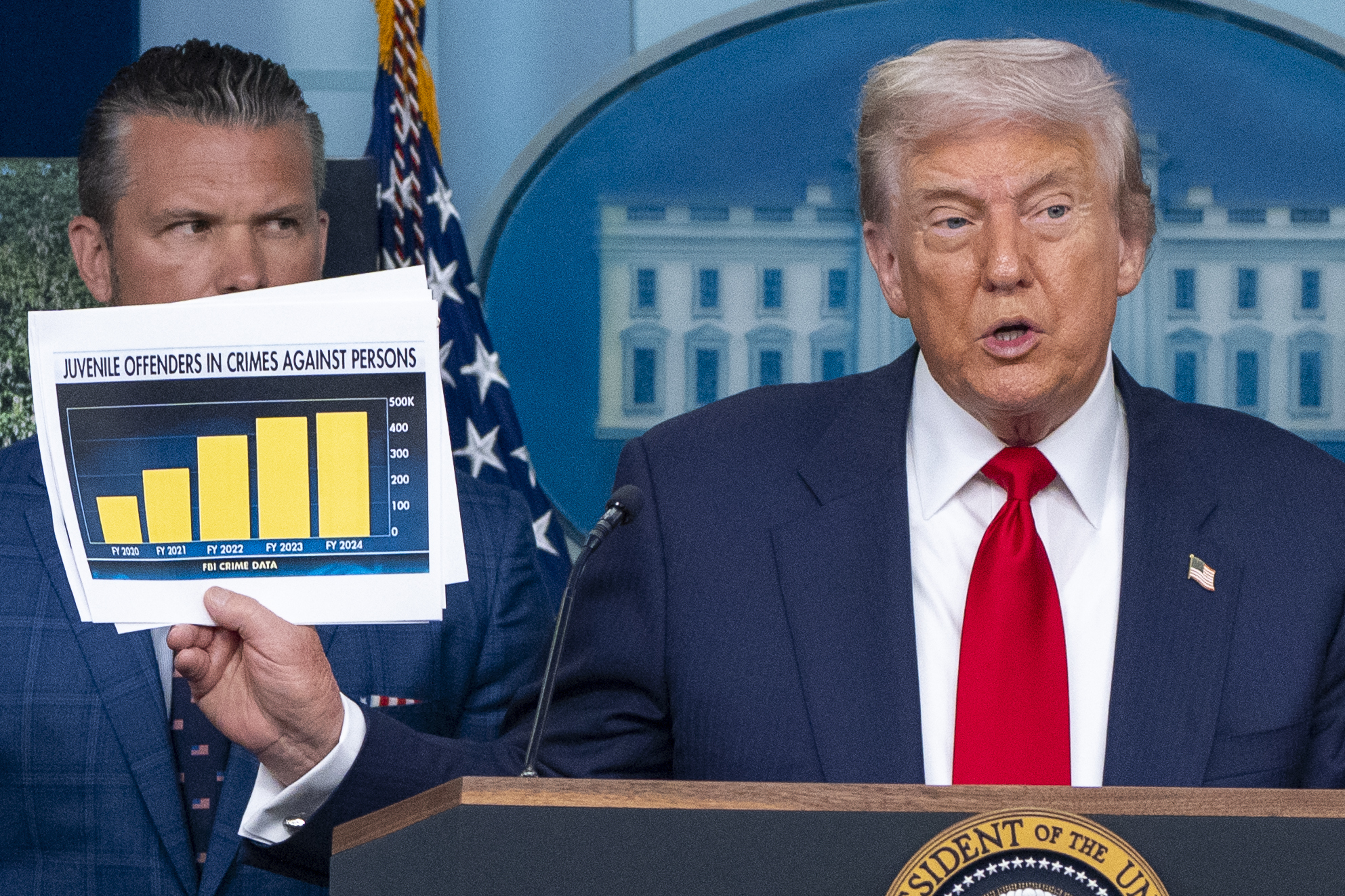
For as long as Donald Trump has been president, his detractors have diligently cataloged his sins in order to gauge the complicity of his Republican allies. A shrinking number of these critics have clung to the hope that at least some members of the GOP establishment would eventually disavow Trump on the basis of moral revulsion alone.
Three and a half years in those disavowals have begun to pour forth like magic, and in each case they are couched in the language of principled outrage.
“I am frankly appalled by the president’s recent tweet seeking to postpone the November election,” wrote the right-wing law professor Steven Calabresi. “[T]his latest tweet is fascistic and is itself grounds for the president’s immediate impeachment again by the House of Representatives and his removal from office by the Senate.”
In most cases, as in this one, Trump’s fair-weather allies have found reasonable grounds for breaking ranks. But vanishingly few of them have earned the presumption that their abrupt reversals are rooted in anything other than naked self-interest. The Republican elite in the summer of 2020 is composed almost exclusively of Trump dead-enders, who risk very little by condemning Trump on the basis of whatever passing abuse they finally decide to stand against. Indeed, the way Trump has treated critics in his own party, along with an enduring faith among many liberals and journalists in the existence of a loyal conservative opposition, has created remarkably poor incentives for waffling Republicans, who believe they can seek absolution if Trump loses the election, and re-enter his good graces if he wins.
Calabresi isn’t just a law professor. He’s also a cofounder of the Federalist Society, which is the proving ground for Republican lawyers who want to become judges by demonstrating their commitment to advancing conservative-movement goals. His position at the fulcrum of the right-wing legal establishment lends his criticism of Trump real newsworthiness, but it also infuses it with different meanings to different audiences. Perhaps most important for Calabresi personally, the idea that Trump has exceeded the bounds of propriety implies that even staunch Trump defenders such as himself have boundaries, and can be trusted in positions of great influence after Trump is gone. But his exhortation to remove Trump from office, three months before the election, sends an entirely different message to his fellow loyalists: that Trump imperils their shared objective of stacking the courts for a generation, and the GOP may stand a better chance of completing the project with Mike Pence at the helm.
This is undoubtedly why Calabresi didn’t join the ranks of the Lincoln Project or any other anti-Trump GOP outfit, and the rest of the political establishment should remember this as a defining fact about him and the other dead-enders.
It needn’t have taken three and a half years to see through this. After all, Republicans also made a big show of pretending to sever ties with Trump the last time they thought he was sure to lose an election. What they learned from that experience is that Trump will transactionally forgive mainstream Republicans who distance themselves from him in the heat of an election, while the larger political establishment will go to great lengths preserve the illusion of separation between Trump and the party he coopted. During the GOP primary, Sen. Lindsey Graham (R-SC) called Trump a “kook” and a “race-baiting, xenophobic bigot.” Sen. Marco Rubio (R-FL) said Trump was too “erratic” to be given the “nuclear codes.” Sen. Ted Cruz (R-TX) called him an “utterly amoral” “pathological liar.” When the Access Hollywood tape surfaced during the general election, the GOP Speaker of the House refused to campaign with Trump before falling happily and predictably back into line.
Through all this, Calabresi followed a remarkably similar trajectory. At the outset of the administration, he warily suggested Republicans should brandish the threat of impeachment to keep Trump disciplined; after Trump proved to be a reliable partner in the conservative takeover of the courts, Calabresi swung so hard in the other direction that he deemed the actual effort to impeach Trump “unconstitutional.” He apparently no longer believes impeaching Trump would be unconstitutional, though curiously the Constitution does not tie the legitimacy of the impeachment power to the question of whether the incumbent president is an electorally viable Republican.
The rehabilitation circuit is filling up with Trump abetters who hope we forget this history if Trump loses, and their sheer numbers will present a challenge to the normal functioning of Washington politics. They will seek to melt back into normal political life, where they can expect to be treated as ordinary ideological combatants who bear no responsibility for the damage Trump has done to the United States. They will offer quotidian critiques of Joe Biden’s judicial nominees, as though they view the law in neutral terms rather than purely partisan ones; they will likewise resume pretending to care about government spending and federal debt in an effort to hobble the Biden administration—something they’ve already begun to do in anticipation of Trump’s defeat. They will encourage a revival of Tea Party-style massive resistance to progressive power, except this time, the movement will draw from the ranks of the QAnon cult rather than Birthers.
That’s one predictable future. We can alternatively undertake a real effort to remember who was happily complicit with racism, corruption, and destruction of democracy until Trump’s poll numbers dropped below 40 percent. Ostracize those who embraced bad faith as a weapon, and will soon try to repurpose it as a shield. Democrats can make a point of opening the books of the Trump administration, so we know who did what when they thought no one would find out, and journalists can embrace new norms of discourse to freeze out people whose ethics are entirely situational. This would be altogether healthier for the country than letting Trumpers quietly dispose of their MAGA hats for expediency’s sake; it would also serve the cruder but more delicious purpose of upsetting the fallback plans of rotten people.
This article has been updated.





